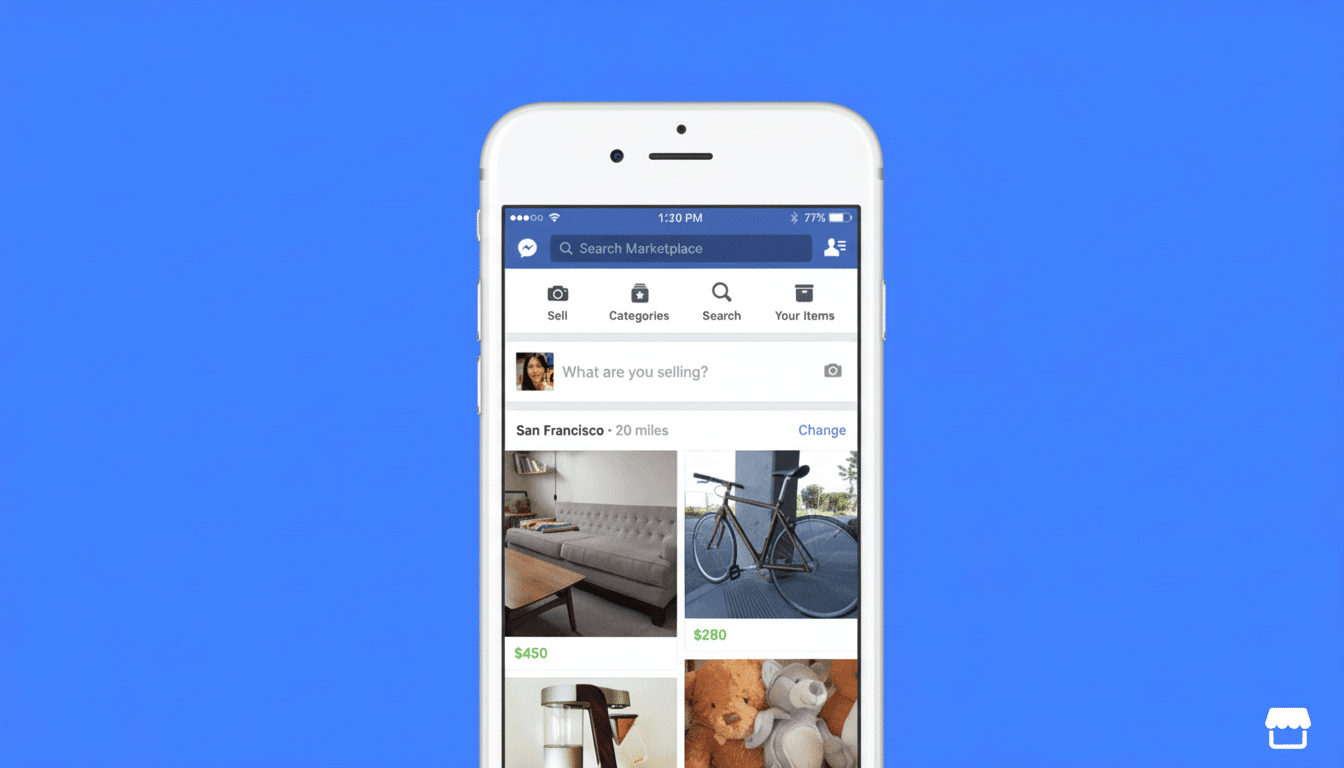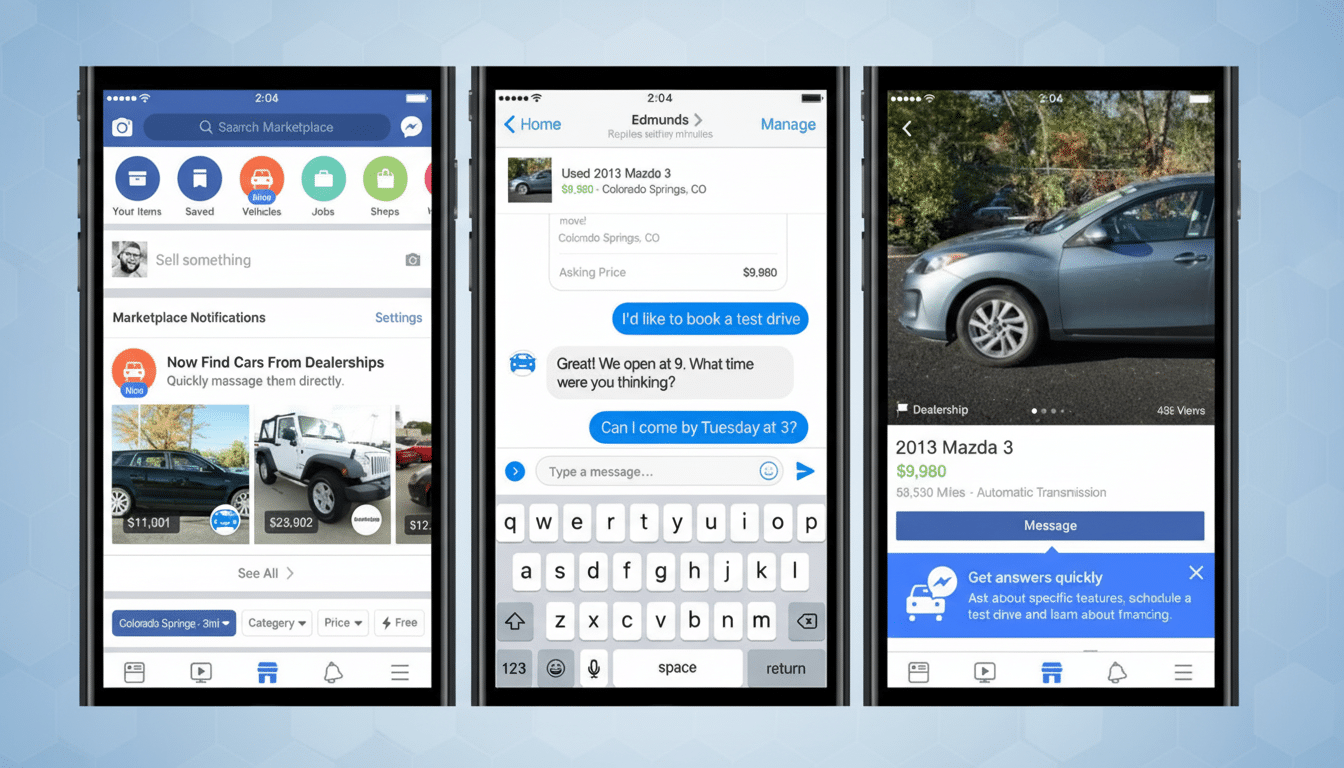Facebook is bringing back local job postings, and some are calling it a direct challenge to the popular application Yelp — once seen as a potential rival to the social media giant in building location-based features. For many small businesses and hourly workers who relied on these listings before they disappeared, it’s about time. The comeback also harnesses one of the platform’s greatest strengths: its potential to relay leads from across the community. It’s because of Facebook too: With a huge daily audience and so many neighborhood Groups, it is best suited to linking local businesses — and applicants — fast.
Meta has started rolling the feature out again, touting an easier way to scroll through entry-level, trade and service gigs directly from the app. When Facebook first introduced jobs years ago, employers posted more than a million openings in the very early days and local hiring spiked as postings traveled across Marketplace and Groups. The return implies that Meta believes there is still appetite for low-friction, hyperlocal recruiting.
- Where the new Jobs tab lives inside Facebook Marketplace
- Make Facebook’s job filters work for your search
- Two words for hidden openings on Facebook Groups
- Message employers professionally with concise intros
- Safety policies and preventing scams when applying
- Why Facebook’s jobs feature matters for local hiring

Where the new Jobs tab lives inside Facebook Marketplace
Open Marketplace and search for the Jobs area. That’s your go-to for spots that have opened at nearby companies. You’ll also find job listings nestled in relevant local and career-specific Groups, and Pages will be able to share their listings with their followers, creating a chain of job sharing that hard-to-fill roles can benefit from.
There are public listings, visible to those 18 and older. You can browse by categories (Restaurants, Retail, Construction, etc.), set a distance radius and filter by job type (full-time, part-time or contract). As you search and click, Facebook will learn your interests, and show more relevant positions.
If the tab still hasn’t shown up, continue to monitor for it — rollouts frequently occur incrementally. In the meantime, join up with active local job Groups in your area and follow Pages of employers you’re interested in; lots will cross-post their openings there.
Make Facebook’s job filters work for your search
Start broad, then refine. When you have the time to respond, try a wider radius and see what’s available, save searches and build tighter filters as patterns emerge. Add job keywords that align with your skills — such as “barista,” “warehouse associate,” or “HVAC apprentice” — and delete categories for which you never click to sharpen recommendations.
Check salary fields when available. An increasing number of states and cities encourage or require that employers post pay ranges in job advertisements, and transparency can save you time. If compensation is not mentioned, be ready to ask at some point early in a Messenger chat.
Turn on notifications for Marketplace and Groups where you’re most active, so you see fresh ones quickly. In fast-paced, service-oriented jobs, it pays to be among the early applicants.
Two words for hidden openings on Facebook Groups
Still, there are lots of small businesses who find themselves hiring informally on community Groups — things like neighborhood message boards, parent groups and even alumni pages. Look for Groups using your town name and industry, then see if there are “Hiring,” “Help Wanted” or “Now Recruiting” posts.
Follow Pages for your local retailers, restaurants, salons, auto repair and contractors. Owners often advertise shifts, seasonal roles and apprenticeships directly to their followers before they make them known elsewhere. City agencies and workforce development organizations also disseminate opportunities — check your city or town’s workforce board or job center.

Message employers professionally with concise intros
Most listings ask you to contact them using Messenger. Be brief: Introduce yourself, mention one pertinent skill or credential, and explain your availability before requesting the next step. A polished, time-saving move is to have a short “about me” blurb ready.
If appropriate, offer to send a resume or short portfolio, and ask if the employer would like to receive documents by email.
Arrange the shift. It’s important to establish expectations and a pay range from the get-go to avoid misalignment. If the business has a Facebook Page, look at recent posts and the About section so you can personalize your message.
Polish your profile’s public view. Review your profile privacy settings, add skills relevant to work and ensure employers can contact you. Professional Mode can also be a way of showcasing your background without oversharing personal posts.
Safety policies and preventing scams when applying
Meta’s policies bar posts that promote illegal goods or services, discriminatory guidelines, multilevel marketing or deceptive claims. If a listing requires payment to apply, asks for sensitive information up front or tries to push you off-platform to a personal number with haste, consider that a red flag.
Check employer legitimacy through the Page’s transparency section, business address and recent activity. The Federal Trade Commission recommends that job seekers research the company’s name and the word “scam” before making contact, and not to provide Social Security or banking information without a formal offer or any onboarding process in place.
Why Facebook’s jobs feature matters for local hiring
Pew Research Center has consistently found that about seven-in-ten American adults use Facebook, including many who visit the site daily. It’s that reach that gives local businesses instant access to nearby workers, particularly for hourly and entry-level jobs in which speed counts. A significant chunk of the U.S. private-sector workforce is employed at small firms, which recruit locally that often have very little money: Facebook’s free listings mean a lower barrier to post about an open slot.
Recruiter surveys by companies like Jobvite have long found that Facebook outstrips traditional job boards, including LinkedIn, when it comes to providing service, retail and skilled trades candidates. As job posts are again centralized in Marketplace and channeled through Groups, candidates can find openings they might have otherwise overlooked — and come before hiring managers more quickly.
The bottom line: If you’re on the hunt for a job, consider throwing Facebook back into your search stack. Apply intelligent filters, make the most of Groups, message like a pro and keep your profile tight. And when it comes to local, real-world jobs, the platform’s community engine is made for speed.

